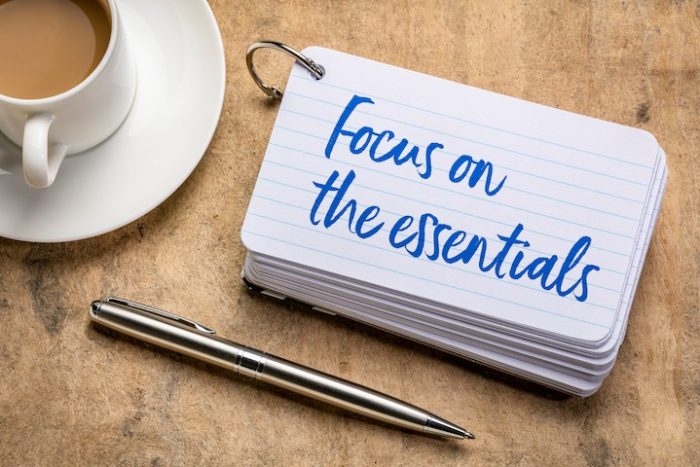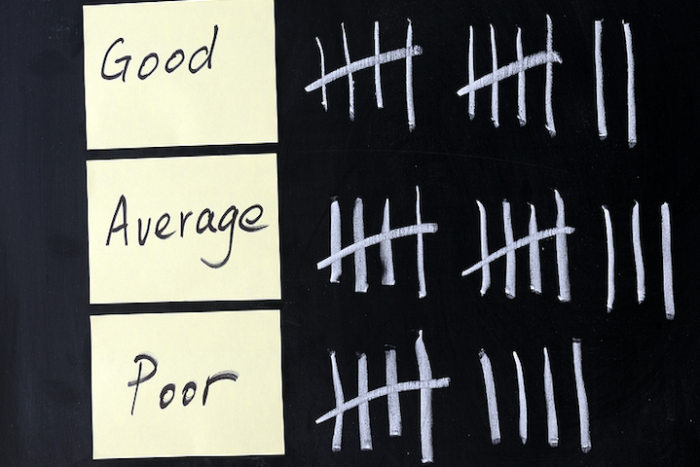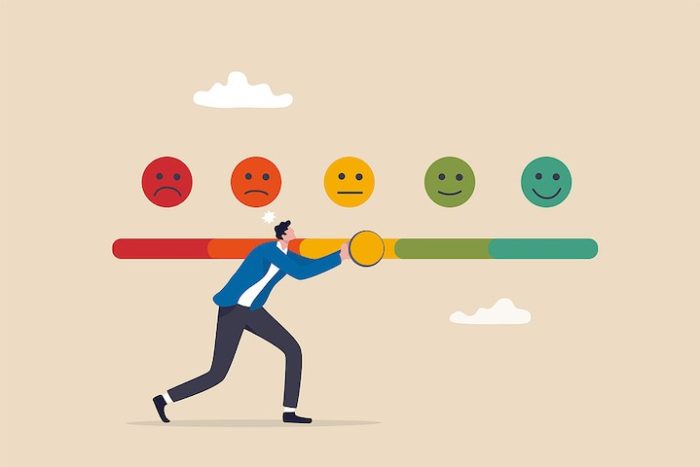The time to act is now—by investing in people today, we can secure the future of the industry for generations to come. Read more


The time to act is now—by investing in people today, we can secure the future of the industry for generations to come. Read more

New research claims women get more glowing performance reviews because feedback providers are over-compensating against being accused of bias. This is bad … Read more

America is about to be hit by a wave a greater-than-expected levels of retirement. According to Michelle Westfort, this mean CHROs need to start developing … Read more

With half of workers now saying work causes them to be burned out, Rachel Stanley says a different leadership approach needs fostering: 'essentialism' - … Read more

According to Mark Murphy, it's time for a paradigm shift in how goals are formulated. Weak goals are actually harming employees' careers: Read more

The 'TLNT Essay' is back! This time Justin Follin and David Greenspan, CEO and chief growth officer at BLUECASE Strategic Partners explain the concept of … Read more

How much learning budget should be devoted to re-skilling vs up-skilling employees - or is there a third option? Peter Crush investigates: Read more

Instead of being a useful exercise, Mark Murphy says performance review have becomes a dreaded and futile ritual – devoid of genuine evaluation or … Read more

How one digital marketing agency is rethinking the workplace of the future: Read more

Employees hate having them; managers hate doing them - so why do so many companies still have performance reviews? Isn't there something better? Read more